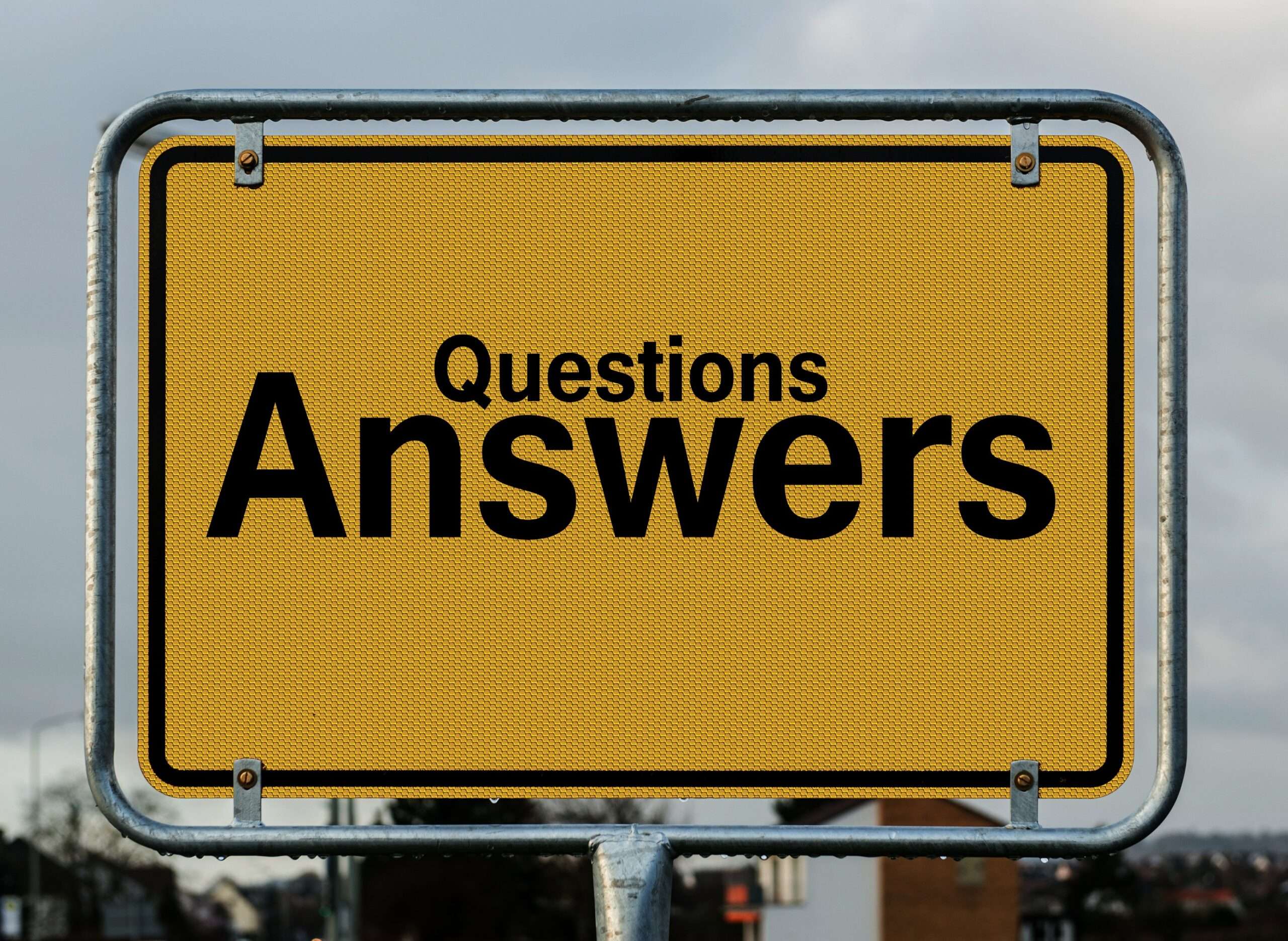The DSM-V is a catalog of mental health disorders as determined by the American Psychiatric Association with the input of many mental health experts around the world. The way it works is it identifies symptoms (behaviors we engage in and our internal experience of thoughts, feelings, and sensations) and clusters them into groups. It then adds to that a number of relevant factors, such as how long you may have had these symptoms, how long they tend to last, and how much impairment they cause you. If you have a number of symptoms in the cluster and a number of the additional relevant factors, then you have something called a disorder, or a mental health condition. I have one, apparently, or so have said every mental health professional I have asked help from. Being able to name disorders is essential for being able to study them, which is how we identify the treatments that are most likely to be effective. A treatment is considered effective when it results in a reduction of the symptoms and other factors that make up the disorder. By definition, once the symptoms and other factors fundamentally change or reduce, the disorder ceases to exist per the definition in the DSM-V.
But is this a cure for OCD?
The answer is complicated, because a funny thing happens on the way to this debate. It turns out the most effective treatment for OCD, the name of the disorder that explained to me what was causing so much unnecessary suffering, is cognitive behavioral therapy (CBT) with an emphasis on exposure and response prevention (ERP). What happens in CBT with ERP is you learn how to navigate your experience differently, how to confront your fears and how to choose different behaviors in response to your thoughts, feelings, and sensations than you might instinctively choose. More specifically:
- Notice that thinking is a behavior and that different ways of thinking about your experience may make you more or less likely to choose effective behavioral responses
- Recognize that you are not a bad person for having unwanted thoughts, feelings, and sensations, that these experiences are part of being human and that blaming yourself for them is part of your disorder’s thinking style
- Lean in, open up, embrace, and even celebrate your unwanted thoughts, feelings, and sensations because this gives them free passage through your mind instead of keeping them stuck
- Practice staying with and observing urges to get reassurance, avoid, wash, clean, review, etc. so you can be a witness to the coming and going nature of these urges and stop responding to them like they must be sated or destroyed
- Learn to appreciate yourself for who and how you are, and instead of devoting every waking moment to getting rid of your unwanted thoughts, train yourself to instinctively invest in the present moment as it is, and take the risk of accepting uncertainty
All of the above are desired outcomes of CBT and ERP and for a significant number of OCD sufferers, these outcomes are truly accessible and really result in a reduction of the symptoms and other factors that define having OCD. So you might presume that this means CBT with ERP cures the disorder because it disqualifies you from meeting the American Psychiatric Association’s definition of the disorder.
But there’s an ironic twist.
In order for any or all of the above to occur, you fundamentally must foster an identity that frames OCD as a part of who you are, not a thing that’s broken about you. Believing that you’re defective merchandise to be taped up and put back on the shelf is the mentality that leads to self-hatred and more compulsive behavior. Believing that you are a “loudthinker” (what I called myself in online support groups during my treatment), and that embracing all of the above leads to mastery of this OCD experience, is what actually makes the treatment stick. The best CBT and ERP in the world shoots you down the path to this mastery, but the rest is a life’s work.
My kids are super cute and fill me with pride every day. When I catch either of them at their most spectacular, I think two things with regularity: 1) I am the luckiest dad alive and 2) I am going to die early, probably in front of them, and their lives will be defined by having lost their father. I no longer meet the DSM’s clinical criteria for OCD, so the book can tell me I don’t have OCD, and I am not distressed by that second thought at all. I expect nothing else and if it gets any rise out of me, it’s a laugh. Didn’t used to be that way. I used to spend an inordinate amount of time crying and not being able to explain to people why (or worse, being able to explain it to them and having them tell me that’s not a reason to be upset). Thanks to CBT and ERP, and obviously mindfulness, I don’t have to do the things I used to do that earned me the DSM’s label. I don’t have OCD, but only because I know that I have OCD.
I still get stuck in stories from time to time.
We call these relapses. They commandeer my attention for a few days at a time and they come up 2-3 times a year. I don’t meet the criteria for OCD, but I have OCD relapses. Even in the eye of an OCD storm, I score too low on the impairment, resistance, and control measurements of the Yale Brown Obsessive Compulsive Scale to be considered clinically significant. Even when my OCD is at its worst, I apparently don’t “have” OCD. Even right now, noticing the italicized word in the last sentence does not have an italicized quote at the beginning, but does at the end, I apparently don’t have the DSM’s OCD. I’m not going to fix the typo. This choice isn’t because I was cured of the disorder. This choice is because I understand that I have the disorder. It is a part of what I am and understanding this is what made treatment work!
So in the end, the “cure” for OCD is to understand that there is no such thing as a cure for OCD. There is no thing to be cured. There are thoughts, feelings, and sensations, and by being a student of them instead of a victim of them, you can change your relationship to them and live a joyful, mostly unimpaired life. When you do this, you get dumped by the DSM. The book can call me cured. But if I want to stay cured in the book’s eyes, I must, categorically, call myself something else. Perhaps I can just identify myself as being somewhere along the path to mastery of my mind. That is, my mind, the one with OCD.
P.S. Inspiration and input from Shala Nicely, LPC on this subject was an essential ingredient in the post above.
by Fred Penzel, PhD
Psychologist/Executive Director; Western Suffolk Psychological Services
IOCDF Scientific & Clinical Advisory Board Member
This article was initially published in the Summer 2014 edition of the OCD Newsletter.
I originally wrote this list for my own patients, and then I realized it would be useful to others out there who are just starting or who are currently engaged in treatment. Here are my 25 tips for succeeding in your OCD treatment.
1. Always expect the unexpected. You can have an obsessive thought at any time or any place. Don’t be surprised when old or even new ones occur. Don‘t let it throw you. Be prepared to use your therapy tools at any time, and in any place. Also, if new thoughts appear, be sure to tell your therapist so you can keep them informed.
2. Be willing to accept risk. Risk is an integral part of life, and as such it cannot be completely gotten rid of. Remember that not recovering is the biggest risk of all.
3. Never seek reassurance from yourself or others. Instead, tell yourself the worst will happen, is happening, or has already happened. Reassurance will cancel out the effects of any therapy homework you use it on and prevent you from improving. Reassurance-seeking is a compulsion, no matter how you may try to justify it.
4. Always try hard to agree with all obsessive thoughts — never analyze, question, or argue with them. The questions they raise are not real questions, and there are no real answers to them. Try not to get too detailed when agreeing — simply say the thoughts are true and real.
5. Don’t waste time trying to prevent or not think your thoughts. This will only have the opposite effect and lead to thinking more thoughts. Studies have shown that you cannot effectively stop or push down particular thoughts. Your motto should be, “If you want to think about them less, think about them more.”
6. Try to not be a black-and-white, all-or-nothing thinker — don’t tell yourself that one slip up means you are now a total failure. If you slip and do a compulsion, you can always turn it around and do something to cancel it. The good news is that you are in this for the long haul, and you always get another chance. It is normal to make mistakes when learning new skills, especially in therapy. It happens to everyone now and then. Accept it. Even if you have a big setback, don’t let it throw you. Remember the saying, “A lapse is not a relapse.” This means that you never really go back to square one. To do that, you would have to forget everything you have learned up to that point, and that really isn’t possible. Also remember the sayings, “Never confuse a single defeat with a final defeat,” (F. Scott Fitzgerald) and as they say in AA, “You can always start your day over.”
7. Remember that dealing with your symptoms is your responsibility alone. Don’t involve others in your therapy homework (unless your therapist tells you to) or expect them to push you or motivate you. They won’t always be there when you need them, but YOU are always there for YOU.
8. Don’t get too impatient with your progress, or compare yourself to someone else. Everyone goes at their own pace. Instead, try to simply focus on carrying out each day’s therapy homework, one day at a time.
9. When you have a choice, always go toward the anxiety, never away from it. The only way to overcome a fear is to face it. You can’t run away from your own thoughts, so you really have no choice but to face them. If you want to recover, you will have to do this.
10. When faced with two possible choices of what to confront, choose the more difficult of the two whenever possible.
11. Review your therapy homework assignments daily, even if you think you know all of them. It is easy to overlook them — especially the ones you don’t look forward to doing.
12. If your therapist gives you an assignment you don’t feel ready to do, you can speak up and tell them so. As half of the therapist–patient team, you should be able to have a say in your own therapy. The goal is for the homework to produce some anxiety for you to get used to tolerating — not to overwhelm you with it and cause you a setback. On the other hand, don’t be afraid to stretch yourself a bit whenever you can.
13. Don’t wait for the “perfect moment” to start your therapy homework assignments. Procrastination is a feature of many people’s OCD, so start your therapy homework assignments the day you get them. The perfect moment is whenever you begin doing them.
14. Don’t be side-tracked by perfectionism. Perfectionism can be another feature of OCD. You may find your OCD telling you that if you don’t do your homework perfectly, you won’t recover. If you do find yourself obsessing about having to do your homework perfectly, you risk turning it into another compulsion. Watch out for having to do your homework according to the same rigid rules each time you do it. Also, don’t do your homework so excessively that it takes up your whole day. Remember that you still have a life to live.
15. Try to read over your homework assignments at the start of each day. Don’t assume that you know them all and will not forget them.
16. When carrying out assignments, be careful to not provide yourself reassurance and undo your hard work. Telling yourself things like,“It’s only homework, and the things I’m saying and doing don’t count and aren’t real,” or “My therapist wouldn’t ask me to do something that would cause harm to me or others,” or “I’m only doing this because I was told to, so I’m not responsible for anything bad that happens,” can undermine all the work your doing.
17. Give your homework your full attention, focus on what you are doing, and let yourself feel the anxiety. Try to not let yourself tune out when doing certain assignments, so that you don’t have to feel the anxiety. People sometimes let the homework become routine and do it in a very automatic way as a kind of avoidance. Also, don’t do homework while carrying out other distracting activities. You are building tolerance to what you fear, and for that to happen you have to be in the moment with it.
18. When faced with a challenging assignment or an unexpected challenging situation, try to look at it as a positive. View it as another opportunity to get better instead of saying, “Oh, no. Why do I have to do this?” Instead tell yourself, “This will be good for me — another chance to practice and get stronger.”
19. Try to not rush through your therapy homework so that you don’t have to feel as much anxiety. Take your time, and see if you can view it in terms of all the good it will do you. Getting it over with as quickly as possible is not the goal — raising a moderate level of anxiety and staying with it is the goal.
20. If your homework doesn’t really give you any anxiety, tell your therapist about it. If your exposure homework doesn’t cause at least some anxiety, it isn’t going to help you that much. On the other hand, try doing all new assignments for at least a week before deciding that they don’t make you anxious. Some assignments can cause reactions later on, and it may take doing them a few times before the anxiety occurs.
21. It is sometimes possible for OCD to try to make you doubtful about your homework. It may tell you that you are not in the right treatment, that your assignments cannot possibly make you better, or that you really don’t understand what you are doing and won’t be able to make it work. Remember that OCD was known as the Doubting Disease, and it will try to cast doubt on anything that is important to you. To fight this, you may have to agree with it by saying, “Yes, that’s right. I really won’t get better.”
22. Never forget that you have OCD. This means that you will not always be able to trust your own reactions or the things you think and feel, especially if they seem to be telling you very negative and extreme things. If you are unsure if something is really a symptom, treat it as a symptom. Better to do a bit more exposure than not enough.
23. Remember that in OCD, the problem is not the anxiety — the problem is the compulsions.
If you think the anxiety is the problem, you will only do more compulsions to get rid of it (which will only create more anxiety). If you recognize that the compulsions are the problem, stop doing them, and stay with the fearful situation, then the anxiety will eventually go away as you build up tolerance.
24. Always take a moment to be proud of your own efforts and recognize your successes. It’s a good way to help keep up your motivation. Look back at earlier assignments that are no longer challenging if you believe you aren’t making progress.
25. Overall, never forget that OCD is very paradoxical and rarely makes much sense. The things that you thought would make you better only make you worse, and the things you thought would make you worse are the very things that will make you better.



